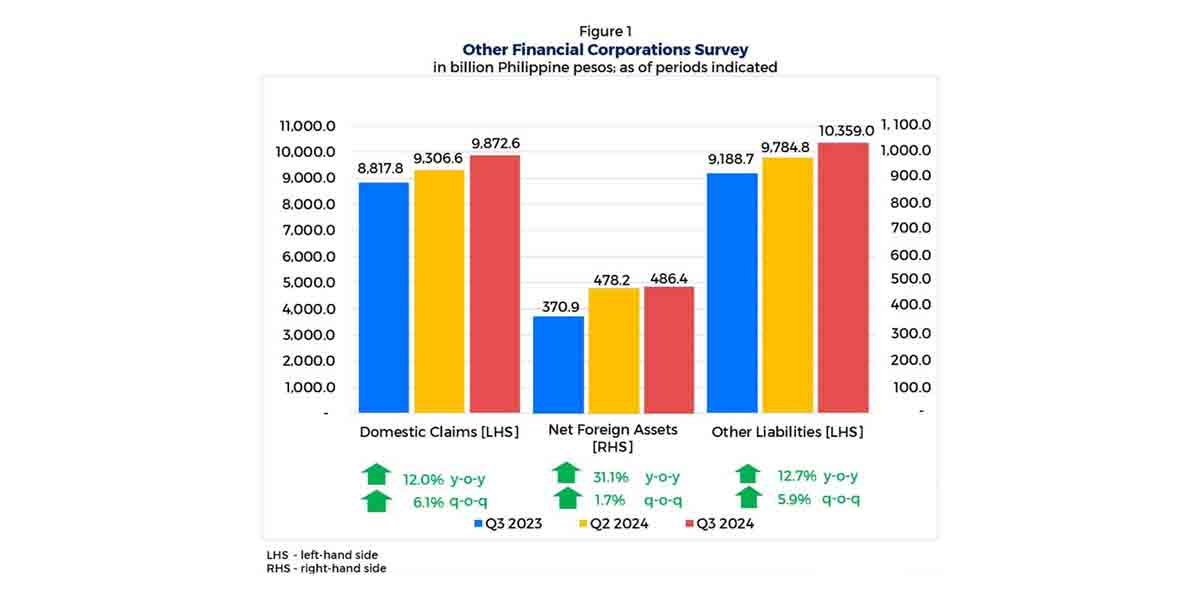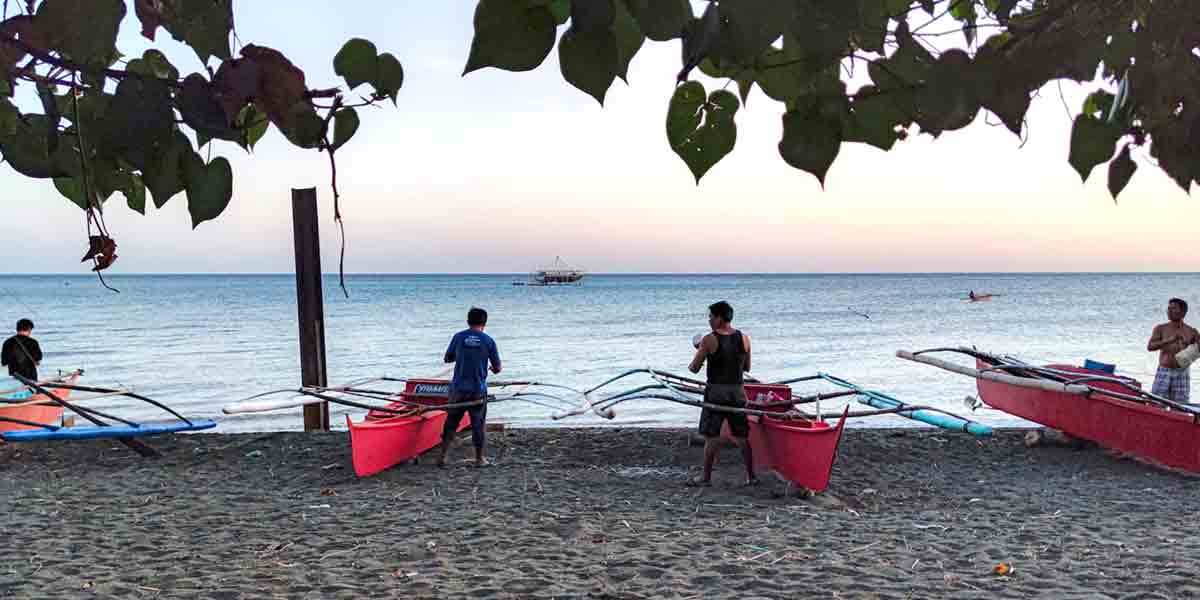Official ISUFST Statement on the Supreme Court Ruling Allowing Commercial Fishers to Operate on the Municipal Waters
SAFEGUARDING OUR SEAS
Small fishers depend on the Philippines’ rich waters for food and livelihood. To protect them, RA 8550, as amended by RA 10654, bans commercial fishing vessels in municipal waters. This safeguard has long ensured fair access and sustainability for small fishers.
As challenges arise, the Iloilo State University of Fisheries Science and Technology (ISUFST), the only fisheries university in the country, firmly supports the need to maintain this critical protection.
The case for continuing this status quo is not just about protecting fish stocks but preserving fairness, sustainability, and the livelihood of those who rely most on our marine resources.
- Overfishing: An Alarming Trend
Overfishing in the Philippines has reached critical levels. Our coastal fisheries are in crisis—64% are overfished, mainly due to commercial fishing (Muallil et al., 2012). BFAR reported in 2017 that major fishing areas are overexploited, with fish stocks struggling to recover. Letting commercial vessels into municipal waters would only deepen this depletion, threatening small fishers’ livelihoods and the sustainability of our marine resources (Anticamara & Go, 2016). With climate change adding even more pressure, protecting municipal waters is vital for future generations (Santos et al., 2017).
- Social Justice for Small-Scale Fishers
In 2021, small-scale fishers in the Philippines faced severe poverty, with nearly a third struggling to make ends meet (PSA, 2023). They depend on municipal waters to support their families but struggle to compete against commercial vessels equipped with bigger boats and advanced gear. Allowing commercial fishing in these waters would worsen the inequities, pushing vulnerable communities deeper into poverty (Ferrer et al., 2021). Protecting municipal waters is not just about conserving fish, but also about fairness and survival for those who rely on them.
- Environmental Risks of Commercial Fishing
Commercial fishing is a major cause of damage to coral reefs, seagrass beds, and other marine habitats, which threatens marine life and local economies. The intrusion of industrial fishing vessels into municipal waters only worsens the damage, endangering fragile ecosystems. Illegal, Unreported, and Unregulated (IUU) Fishing is a growing global threat to both ecology and the economy. According to the Philippine IUU Fishing Assessment and Report 2023, the biggest violation is commercial fishing in municipal waters (61.9%), followed by the use of banned methods like Danish Seine and trawling due to their harmful effects on marine life.
- Upholding Constitutional Rights
The 1987 Philippine Constitution secures the rights of subsistence fishers, granting them preferential access to essential resources for their survival and welfare. Article XII, Section 2 ensures subsistence fisherfolk have preferential access to communal marine resources. Among society’s most vulnerable, small-scale fishers rely on exclusive access to municipal waters for survival. Allowing commercial vessels here would undermine social justice and disregard their vital dependence on these resources.
- Science Supports the Status Quo
The evidence is undeniable: allowing commercial fishing in municipal waters would harm both the environment and small-scale fishers. Studies show that commercial vessels intensify fishing pressure, depleting fish stocks and damaging ecosystems (Muallil et al., 2014; Campos, 2021). Following the precautionary principle—acting cautiously to prevent harm—makes it clear that the ban on commercial fishing must remain (Ferrer et al., 2021). Our marine ecosystems are already fragile; protecting them now is critical to preventing irreversible damage.
- Future Generations and Sustainable Fisheries
Protecting municipal waters is not just for today but for future generations. Small-scale fishers in the Visayan Sea, Banate Bay, and Iloilo-Guimaras Strait are already facing shrinking catches, and if we do not act, these waters could be depleted (Campos, 2021). By maintaining the ban, we invest in a future where Filipinos can still rely on the sea for food and livelihood. It is about ensuring that sustainable practices and marine resources are passed down for generations to come.
- A Call to Action: Support the Status Quo
ISUFST, where many students are children of small-scale fishers who depend on municipal waters for their livelihood, strongly supports the ban on commercial fishing. This policy, grounded in research and the struggles of small fishers, helps protect marine ecosystems, ensures sustainable fisheries, and promotes fairness and social justice. The recent Mercidar case underscores the critical need to defend small-scale fishers from exploitation and preserve our marine resources (Gozum, 2024). However, this decision could unintentionally open doors to overexploitation and illegal practices, undermining the protections safeguarding these vital waters for generations. We urge the government to honor its commitment to environmental protection and social justice—one of the guiding principles of ISUFST—by upholding this crucial policy.
References
Anticamara, J., & Go, J. (2016). The State of Philippine fisheries: Overfishing and resource depletion. Philippine Fisheries Journal, 45(2), 34-47. https://doi.org/10.1234/abc123
Campos, W. (2021). Impacts of commercial fishing on small-scale fishers in the Visayan Sea. Marine Policy, 50(1), 25–38. https://doi.org/10.5678/xyz456
Constitution of the Philippines. (1987). Article II, Section 9; Article XIII, Section 7. Official Gazette of the Philippines.
Department of Agriculture Bureau of Fisheries and Aquatic Resources (DA-BFAR). (2024). Philippine IUU Fishing Assessment and Report 2023. Department of Agriculture-Bureau of Fisheries and Aquatic Resources. https://www.bfar.da.gov.ph
Ferrer, F., Santos, R., & Liza, M. (2021). Poverty and vulnerability among small-scale fishers in the Philippines. Asian Fisheries Science, 33(2), 100–115. https://doi.org/10.1016/j.afs.2021.07.006
Gozum, I. (2024, December 20). Big business allowed within waters where small fisherfolk fish, says SC. Philippine Daily Inquirer.
Muallil, R., et al. (2012). The condition of coastal fisheries in the Philippines: An assessment. Fisheries Research Journal, 40(3), 68–79. https://doi.org/10.2345/frr123
Santos, R., et al. (2017). Environmental impacts of commercial fishing in the Philippines. Aquatic Conservation: Marine and Freshwater Ecosystems, 27(4), 25–42. https://doi.org/10.1002/aqc.2557
Southeast Asian Fisheries Development Center. (2022). Guidelines for sustainable fisheries management. SEAFDEC.

























